In Community
Featuring
Josephine
Peranakan Author
Wearing
| Sarong Kebaya |
Tailor-made |
Introduce yourself!
My name is Josephine Chia, and I’m a published author. I was born and brought up in kampong Potong Pasir. I lived in England for 30 years and taught creative writing in the UK, but decided that I’d come back to Singapore after my grandchildren were born.
Then, I decided it was time to finally do what I truly wanted. My children were grown, and I realised how important creativity is to me. My most recent book, published in November 2024, Ayam Buah Keluak and the Art of Writing: A Memoir on Living Creatively, is about the importance of following your dreams for your own happiness and not just for money. Because even if you become wealthy, that alone doesn’t bring fulfilment.
Over the years, I’ve met many people who regretted not living the life they truly wanted. I always tell them: “Don’t regret your life.” I’m 74 now, and it’s taken me a long time to finally do what I’ve always wanted, which is to write. That’s why I encourage young people to start early. In my case, it was difficult. My family was poor, and I didn’t get much of an education because we simply couldn’t afford it.
Why did you decide to write about your Peranakan culture?
I was encouraged because one of the stories I wrote in the UK won the UK national award. I never had the confidence that my English was good enough, but when the story won the prize in England against 11 other British writers, I felt I could give myself permission to write.
Writing books doesn’t make money though. I mean, you just get $1 out of each book (laughs). But there are other benefits, like giving talks and connecting with people. Still, what truly brings me joy is the writing itself. The process and the creativity are when I feel happiest. So I thought, why not? Not everyone gets to die feeling fulfilled. If I were to die tomorrow, I’d just want to be happy in every moment I have left.
This is the advice I always share with young people: don’t be so worried about how people are going to receive your creativity, just express it. And if you are true to what you do, eventually the perks will come. Of course, everybody has to make a living. It’s ridiculous to say we don’t need to earn money. We need to eat, right? But it’s important to access your creativity, because then you’ll be able to access your deeper self, your unconscious self.
Amazing advice! We see you’re also embodying your culture through your outfit. Can you tell us more about your sarong kebaya?
I’m a Peranakan and I’m very proud of it. Even in England, when they interview me, if they call me Chinese I get very upset (laughs). I’m Peranakan, my mum has always raised us as Peranakan, so I never thought of myself as a Chinese in that way. I wrote an article about it and some people attacked me and said aren’t you proud to be Chinese? I didn’t say I’m not proud to be Chinese, I simply said I’m proud to be Peranakan. And I was raised to wear my sarong kebaya all the time, mostly in work situations.
In England, I’ve also worn these beaded shoes in winter, and that was a big challenge because they left me absolutely freezing (laughs)! So you’ve got to wear thermals underneath—stockings, furry boots, and then wear your thick coat, and when you arrive at your destination, take off all your layers and then appear as though you’re so warm (laughs)!
What would you say is one thing you miss the most about living in a kampong?
Eh that’s the same question someone else asked me recently! You’ll notice the title of my book is Kampong Spirit–Gotong Royong: Life in Potong Pasir, 1955 to 1965. I deliberately used the Malay phrase gotong royong. While it’s often translated today as “kampong spirit,” its deeper meaning is about community—caring for one another.
Kampong spirit isn’t something created by the government; it’s something we, as individuals, must uphold. Without it, we risk becoming too isolated from our neighbours and friends. In the kampong, life was simple. We had no electricity, no running water, and we had to share the bathroom and toilet with our neighbours. But that shared experience brought us closer together.
Singapore today is not the Singapore I once knew. That’s why I’ve written two kampong books for adults and one for children. All of my novels and writings focus on how we can preserve and nurture our Peranakan culture so we don’t lose our heritage.
Although I spent many years in Britain, I see myself as a Singaporean writer, and I write about Singaporean issues. More importantly, I write about Peranakan issues because they matter to me. And for the next few years, while I still have a clear mind and haven’t gotten Alzheimer’s or lost my wits (laughs), I intend to keep writing and sharing these stories with others.
Like this? Share it.
What others are saying
There are no comments yet.
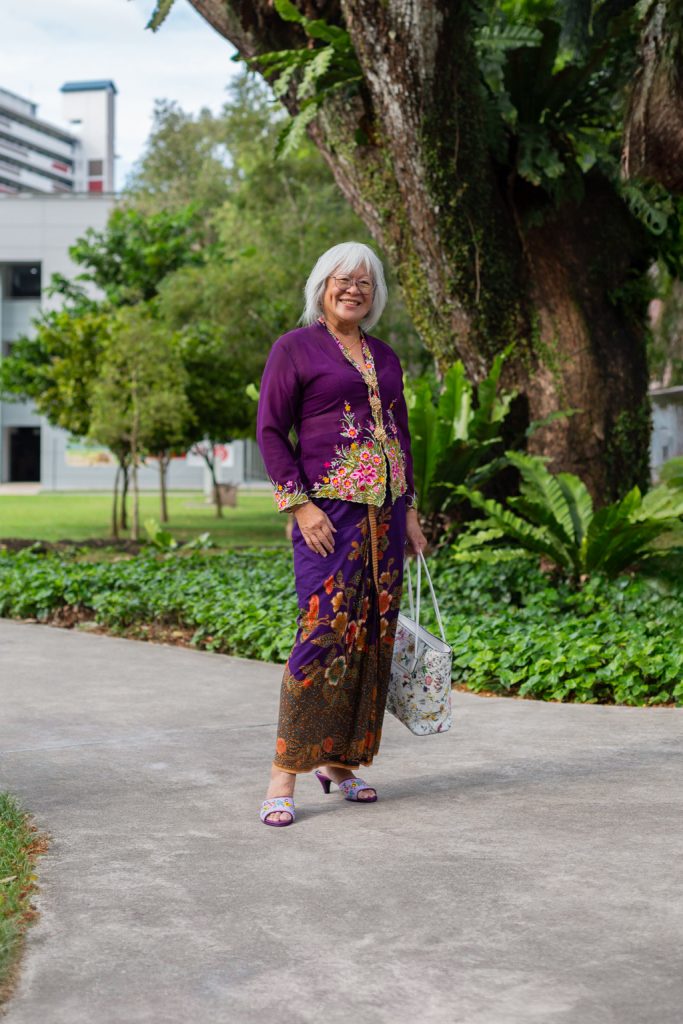
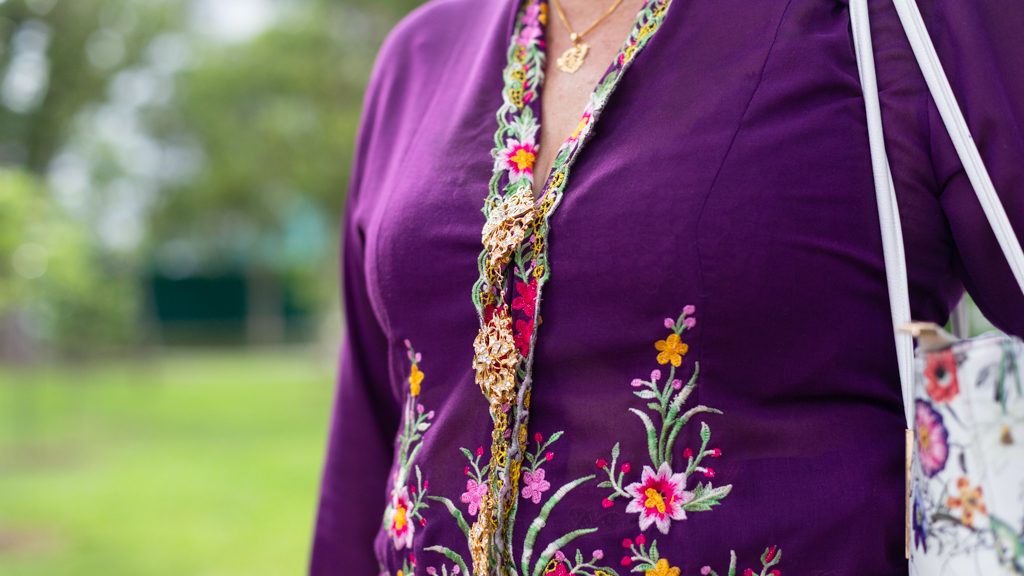
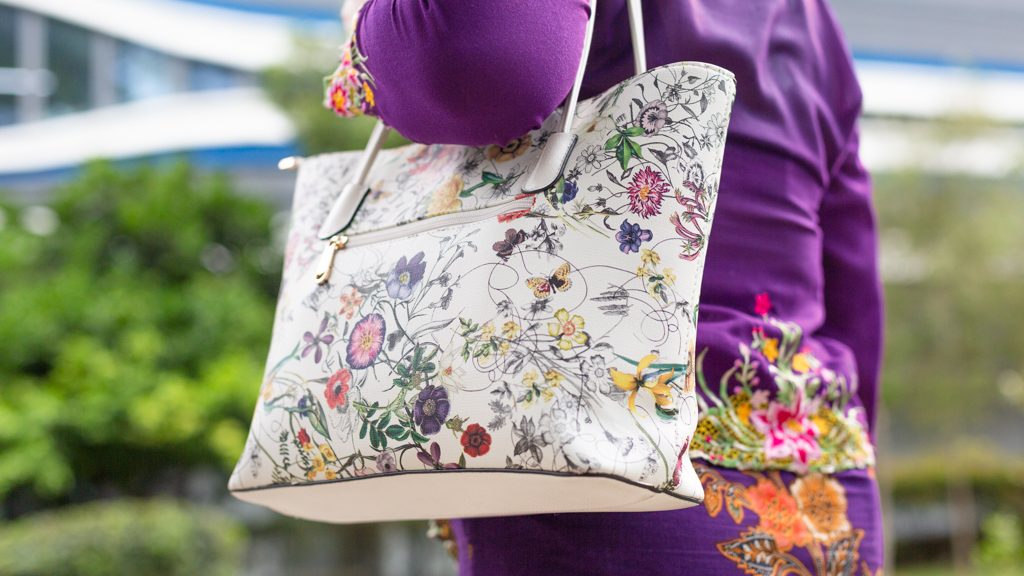
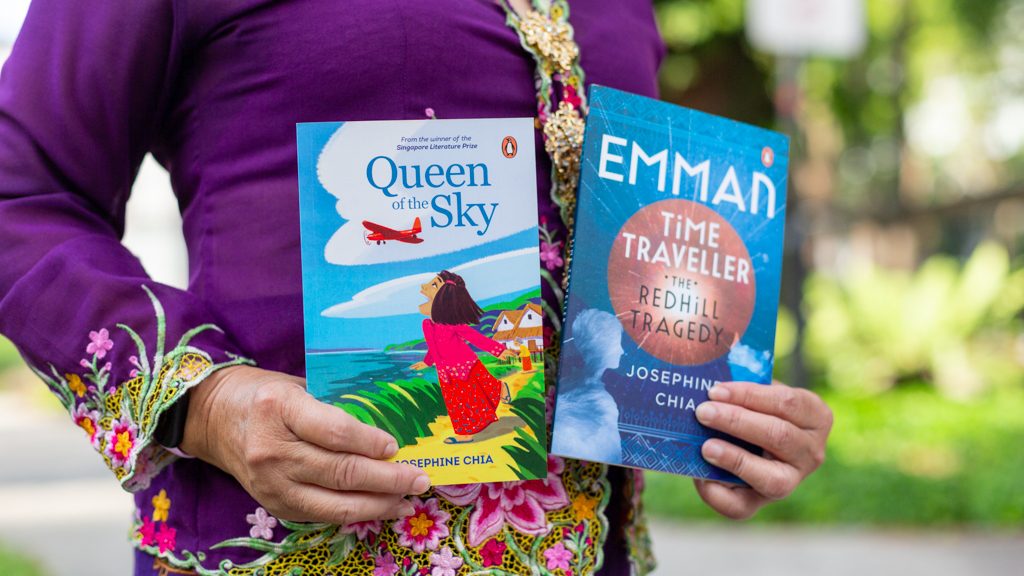
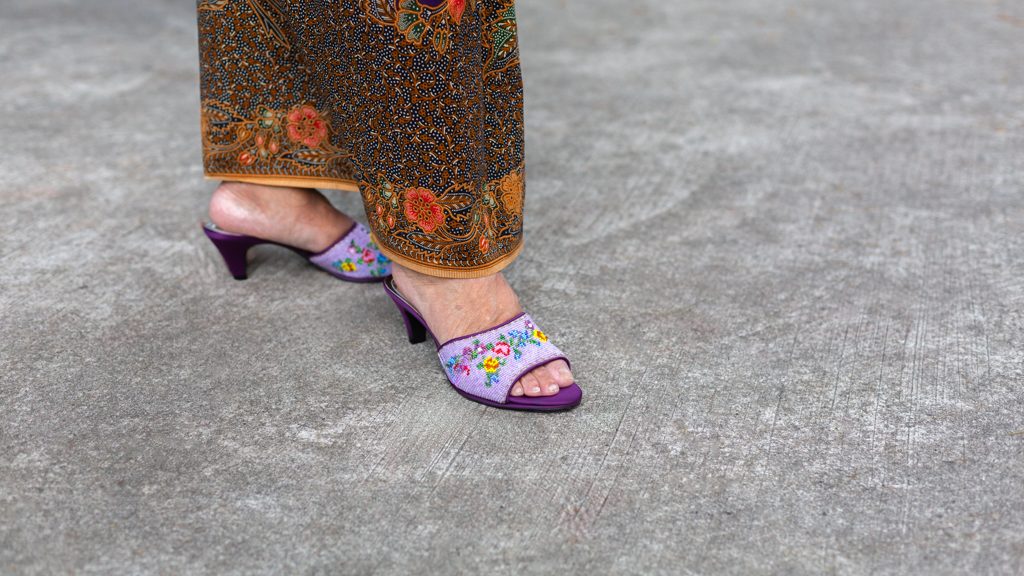
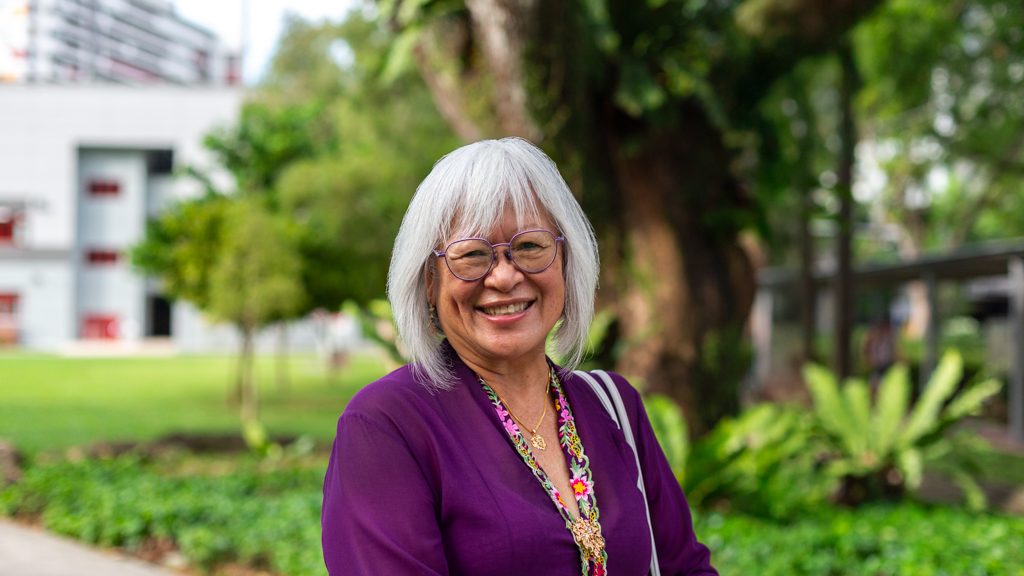
Leave a Reply